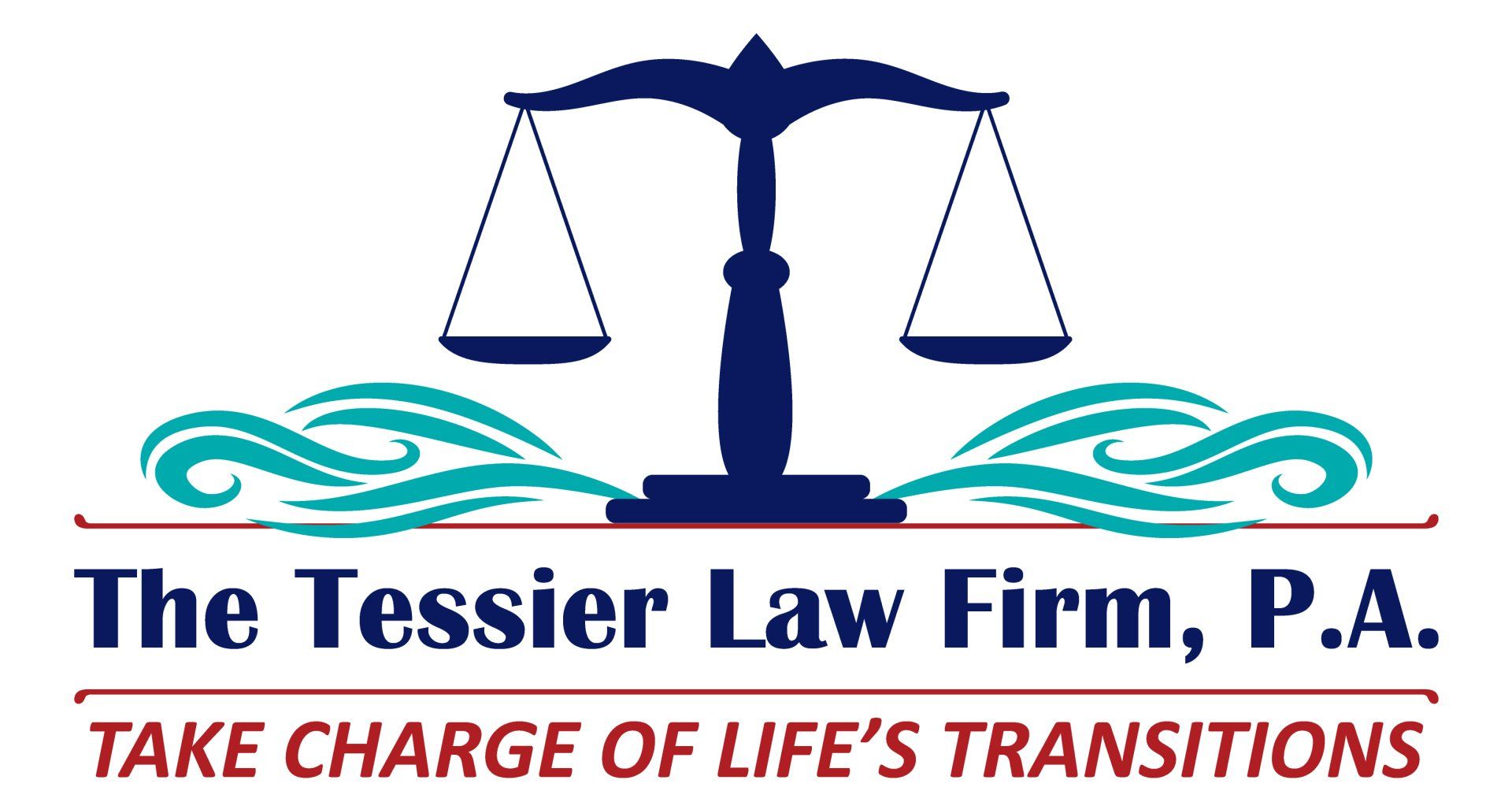Estate Planning Services
Estate planning is the preservation and the distribution of your assets, both during your life and upon your death. It is accomplishing your personal and family goals and easing the management of your financial and legal affairs, as well as minimizing taxes if your estate is large enough for taxes to be of concern. When we talk about an estate, we mean all assets of any value that you own, including real property, business interests, investments, insurance proceeds, personal property and even your personal effects. An “estate plan,” generally, refers to the means by which your estate is passed on to your loved ones on your death. Estate planning can be accomplished through a variety of methods, including:
- Revocable Living Trusts
- Last Will and Testament / Probate
- Lifetime Gifting
- Joint Ownership
- Beneficiary Designations
- Life Estates
Estate and Gift Tax Figures
Federal
Estate and Gift Tax Applicable Exclusion:
The amount that can be passed free of federal tax. Whatever amount is used during lifetime is no longer available for use to pass assets at death. The Estate and Gift Tax Applicable Exclusion is currently $15 million as of January 1st, 2026.
Annual Gift Tax Exclusion:
The amount that can be given to each person you want without using any Applicable Exclusion. The Annual Gift Tax Exclusion is currently $19,000 as of August 1st, 2025.
Generation-skipping Tax Exemption:
This allows for giving to people who are grandchildren or other “skip persons.” It may also be used as a sophisticated way of avoiding Federal estate tax at the death of a child. Each person currently has $13.99 million in 2025 of Generation-Skipping Tax Exemption.
State
State Estate Tax:
In addition to the Federal Estate Tax, many states have a State Estate or Inheritance Tax. State Estate and Inheritance Tax may apply at a much lower level than the federal tax. It may apply when a person dies when resident in or owning property in any of the many states with such a tax. Florida has no state Estate or Gift tax.
Estate Planning Resources
ESTATE PLANNING CHECKUP
- Do you have a Will?
- If you have minor children, do you have a current Will which names Guardians?
- If the total gross value of all your assets is over $100,000 do you have an Estate Plan?
- If you have a Living Trust, have you transferred your assets into it?
- In case you become disabled, have you nominated someone to handle your financial affairs?
- Do you have a current Health Care Power of Attorney that provides the names, addresses and telephone numbers of your designated agents to handle your medical care if you’re disabled?
- Do you have provisions in your Trust or Will that address the issue of death taxes?
- If you want to make gifts to charities at your death, are they clearly set forth in your planning documents?
- Do your planning documents clearly set forth how your personal property will be distributed at your death, including the care of any surviving pets?
- Since you signed your planning documents, have you changed your mind about any aspect of the plan?
- Has the value of your assets substantially changed since you signed your planning documents?
- Have you substantially changed the kind of assets you own since your planning documents were signed?
- Have you recently been married, divorced or widowed since your estate planning documents were signed?
- Have you had children since your estate planning documents were signed?
- Have your children had children?
- Have any of your children been married, divorced or died since your planning documents were signed?
- Have you, your spouse or child become physically or mentally incapacitated since your planning documents were signed?
- Have you bought or sold a house or other piece of property since your planning documents were signed?
- Are you contemplating selling stock or other valuable assets with a low cost basis?
- Have you moved between states since your planning documents were signed?
- If you have a Living Trust, are Medi-Cal triggers in place to ensure that at the appropriate time Medi-Cal planning can be implemented?
Feel free to make an appointment with our firm to review your estate plan.
Estate Planning Definitions
Estate Planning Reports
Coming Soon.
For more information, or to schedule a consultation, call us at 863-220-7927.

